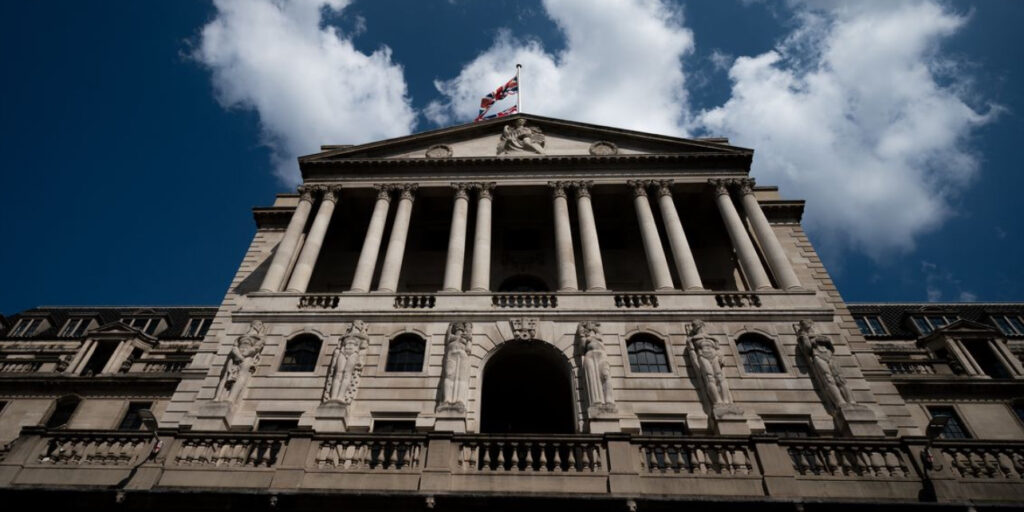The Bank of England is poised to cut interest rates by a quarter of a point this week, in response to disappointing economic data.
Recent revisions indicate that the UK economy experienced no growth in the third quarter, remaining stagnant after a 0.4% growth in the second quarter, and falling short of the modest 0.1% growth expected.
The flatline was largely due to a downturn in the services sector, notably within insurance and finance, coupled with a 0.4% contraction in the production sector, particularly in energy supply.
This economic stagnation has heightened fears of a potential recession, further stirred by recent policy changes from the UK Labour government post their July election victory.
In a parallel move, the European Central Bank (ECB) reduced its principal interest rate by 0.25 percentage points to 2.75% last Thursday, continuing a sequence of cuts aimed at managing persistent inflation, particularly within the services sector.
ECB President Christine Lagarde has reassured that inflation is expected to revert to the bank’s 2% target within the year, stating, “The disinflation process is well on track.”
Despite continued wage-driven inflation, the ECB is dedicated to maintaining inflation at the target level.
With the markets expecting further reductions in 2025, the ECB is scheduled to revisit its long-term growth forecasts on February 7.
As for the UK, analysts predict a rate decrease by 0.25% on Thursday, February 6, aimed at revitalizing the faltering UK economy.


